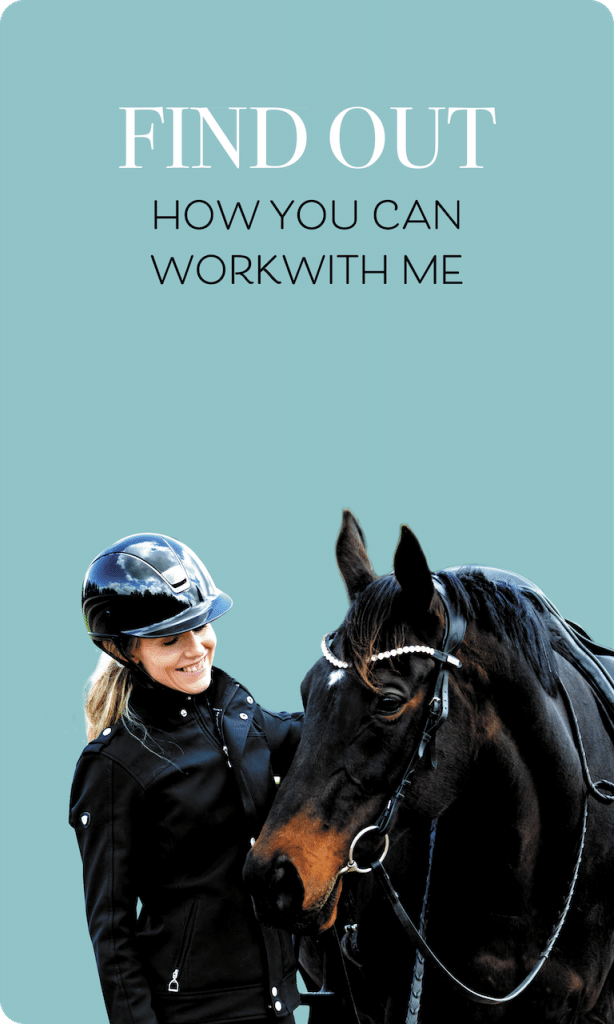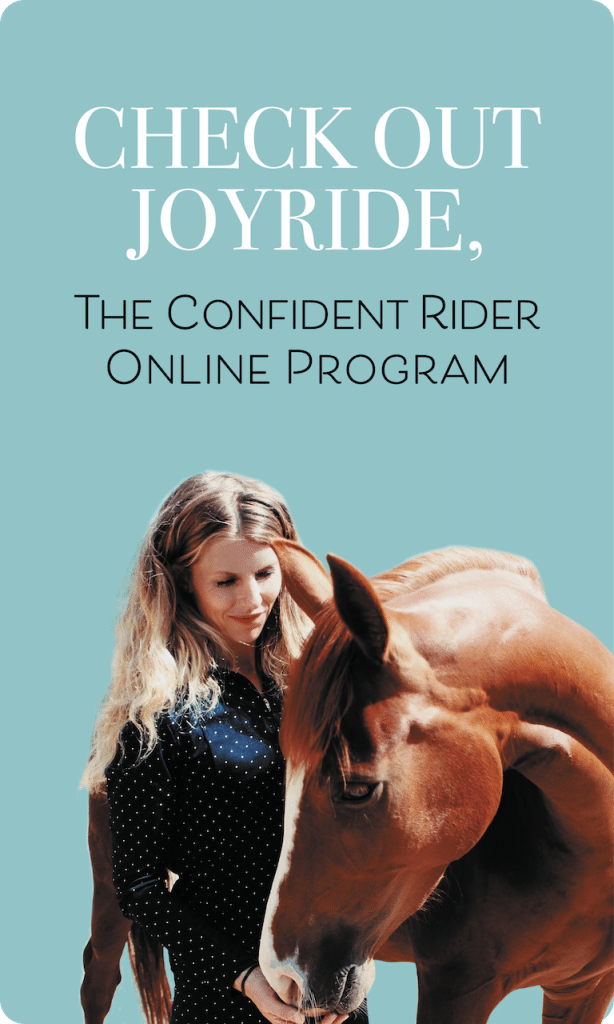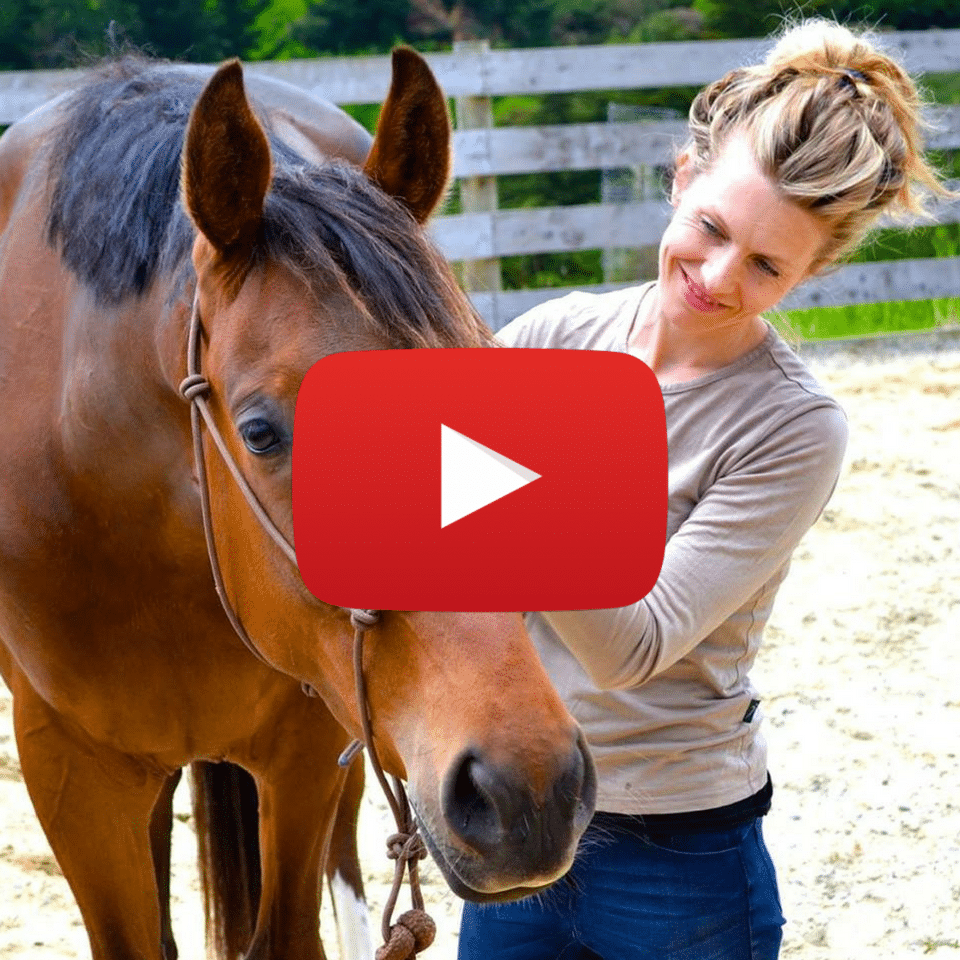Here’s a piece of writing that I’m going to muddle my way through. It’s a muddle because the thoughts and understandings are in part still floating round the ether, yet to land in my brain space in any coherent fashion.
The sentiment, however, is important enough for me to want to share now.
The basis of it is this:
In my opinion (and I hope it’s not just mine) …If you deal with chronic pain or illness, you don’t owe it to anyone to be inspirational. You aren’t required to be constantly positive or to diminish your own experience to make those around you comfortable. None of us owe anyone that.
And if we expect that of people, well… that’s our stuff.
Back to the muddly part. I’ll break it into parts.
Muddle Part 1:
The other day, I sat as an able-bodied person who does not experience chronic pain and read a post from a person commenting on two different people they had coached recently, who were part of their life. Reading through, I assumed (correctly or otherwise), that the writer was able bodied also.
The people they were commenting on both had chronic pain and/or illness. Both had different experiences of how they showed up in the world.
The first was described as using their illness as a means of manipulation and to get what they want; the second got on with things, was apologetic of their limitations and gracious in their abilities.
The first was, by inference, seen as toxic. The second, by direct mention, inspirational.
The post got many comments and shares.
I read it and felt uncomfortable, even if, in that moment, I couldn’t articulate exactly why.
Muddle Part 2:
I’ve recently had a relatively serious situation (not riding related) where I have been in a significant amount of pain and out of action. I’m still not riding and have had to ease my way back into normal life. In this time, I learned a lot about pain; our cultural conditioning around it, the difficulty of it, the surrender to it.
If I asked you to think back to a time when you experienced real pain, chances are you would be able to locate it on the timeline, but the experience of it would be less clear. You can remember it as an experience, but you can’t remember the actual pain, even though you recall it as being bad, or even agonizing.
You can’t remember the “exactness” of the feeling because one of the central purposes of pain is to keep you right here, right now in the present. It’s not designed to be over-ridden. It calls your attention to something that needs to be helped, supported, or changed. When that happens, it’s no longer required. We remember it like a hologram; we see the imprint, but the feeling is gone.
The pain has served its purpose.
There are many facets to pain. There’s the physical, but there’s also the emotional. The challenges of just being in the world, the potential loss; the hardship that
“stopping” for the pain can bring are many and varied. It’s often the worst part of it.
As I read the post, my own recent experience with pain came up. Pain, depending on how it challenges us, has a similar function to grief. We think, how does all this normalcy go on when here we are in this position?
Normal, in this instance, is the ability to function without it, without pain. When you are in it, that capacity feels like a mystical superpower. It can also feel impossible.
Muddle Part 3:
My fascination and work have to do with the nervous system. As part of that, I seek to learn how the body maps in pain, and how, at its essence, all pain is felt in the brain, rather than the body.
Pain can feed into our survival patterns. It’s true that we can use our pain to get our needs met. When we do so, that appears, to our unconscious the most logical and effective course of action.
It’s true that our cultural responses and ideas around pain affect our experience of it.
Physically, mentally, emotionally, and spiritually. There are many studies that suggest that whilst the experience of pain is universal, how we experience that same pain is wildly different between cultures and societies. All pain is not the same. It’s contextual.
Pain- the experience of it and the discussion around it- is complicated.
Muddle Part 4:
** rampant disclaimer that as an able-bodied person, I may trip over my own biases and fall on my own head here so am happy to be corrected.
When I think about my own, recent experience with pain, it was a lot of pressure. Left to my own devices, I could get on with it to the best of my ability. Sometimes I felt ok with it, sometimes I really didn’t.
I was not always what you would describe as inspiring. Sometimes I was just plain fed up.
In that space, I had to let go of the idea that things could be or were meant to be any different. This was how it was now, and I just needed to deal with the now. Any thought beyond that was futile.
The pressure, then, exists as a separate thing to the pain. The harm exists as a separate thing to the pain. And both pressure and harm are created when we perpetuate and believe in a world view that tells us we have to be a certain way with our pain. To be positive, inspirational, upbeat, indifferent.
You CAN be all those things. But that’s different to HAVING to be all those things. Or feeling the pressure to be.
Which loops me back to the beginning.
If you deal with chronic pain or illness, you don’t owe it to anyone to be inspirational. You aren’t required to be constantly positive or to diminish your own experience to make those around you comfortable. None of us owe anyone that.
I know the conversation is more layered than this. Nothing is black and white.
But nonetheless, I’m throwing it out there as part of the discussion.
Onwards.
❤️ Jane





